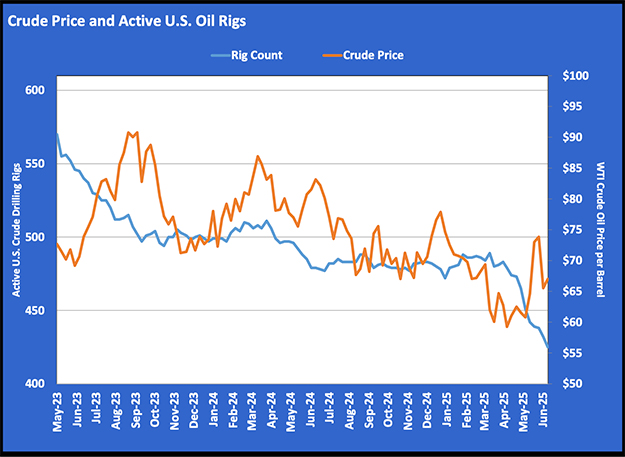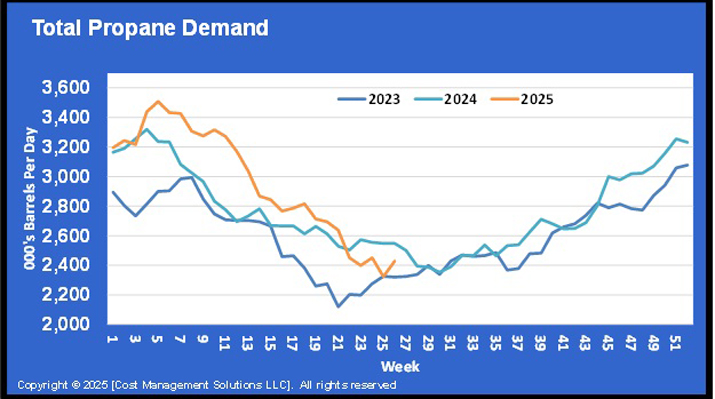The price of oil dependence
The little gasoline pump icon on my dashboard lit up again as I pulled off
the highway en route to work one morning last week.
My car pool buddy and I were running a bit late that day, so I made a mental
note of the gas prices at several of the busy corner stations and planned to
fill up during my lunch hour. As usual, Sunoco had BP, Shell and Speedway beat
by a nickel with a price of $1.69 a gallon.
I didn’t get out of the office until almost 1 p.m., and decided to get in my
daily walk before filling up for the 30-mile ride home. As I approached the
Sunoco station on my way back to work, I was horrified to see the price at $1.89.
A 20-cent jump in just a few hours? I was shocked, angry and running on fumes.
I filled up.
How much higher will gasoline prices go before voracious American consumers
have to abandon their beloved SUVs or drastically curtail their love for the
road? We may find out this summer.
The average U.S. retail price of regular gasoline continues its record climb,
reaching $1.78 per gallon at this writing. The price is 15 cents higher than
this time last year. The Department of Energy expects it to rise even more in
coming months, averaging $1.81 a gallon for the three months ending in June.
Diesel likewise saw its seventh price gain in eight weeks in early April, hitting
$1.648 a gallon and threatening to deeply gouge the trucking industry.
The Energy Information Administration’s summer fuels report predicts prices
for the April-September months will average $1.76 a gallon nationwide, a record
high for the summer driving season and 20 cents a gallon more than last year.
How long will increasingly outraged Americans accept being at the mercy of
OPEC and some politically unstable nations to provide us with the fuel that
our internationally unpopular nation demands?
During the oil crisis of the 1970s, the United States imported 30 percent of
its oil from abroad. We now have doubled that level and our dependence on foreign
oil continues to grow. The decision of OPEC or another foreign entity to shut
off or significantly reduce oil production could readily cripple our nation.
In response to that same crisis 30 years ago, the Australian government made
propane motor fuel tax-free to encourage its use and to reduce dependency on
competing fuels. That successful policy remained stable for nearly 30 years,
eventually making motor fuel Australia’s leading application for propane.
Like Australia, America has an abundant local supply of product; a full 90
percent of the propane used in the United States is produced here. Yet federal
legislators here continue to sit on initiatives that would help relieve our
dependence on foreign oil through tax credits for alternative fuels, infrastructure
and vehicles.
Maybe $3 gasoline and the continuing deaths of U.S. soldiers in the Middle
East will finally spur the changes that the promise of cleaner air has thus
far failed to accomplish.
















